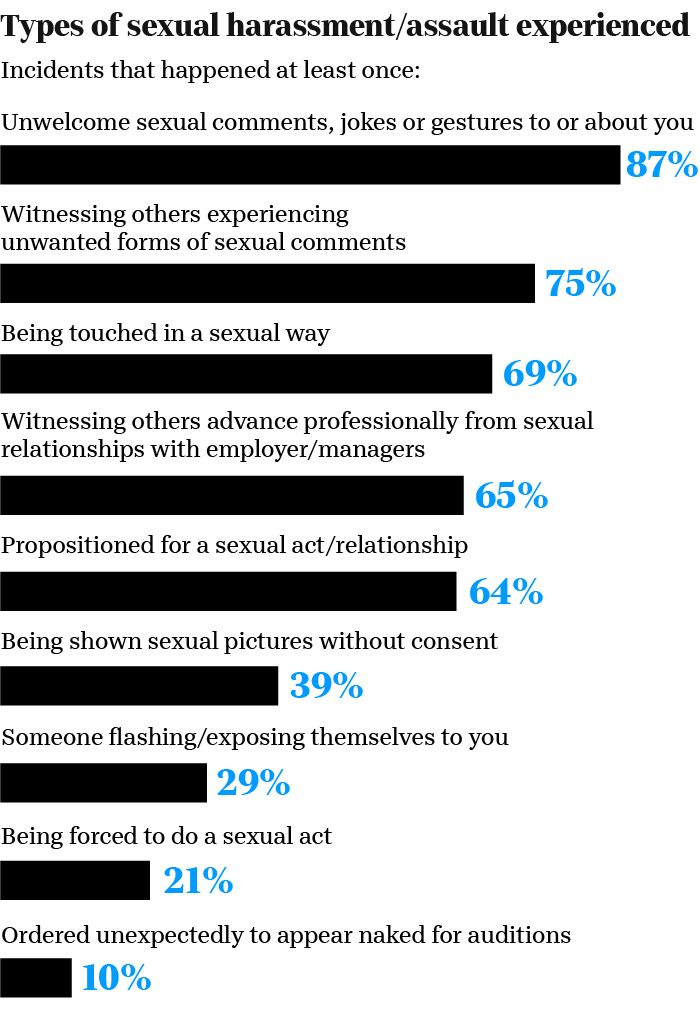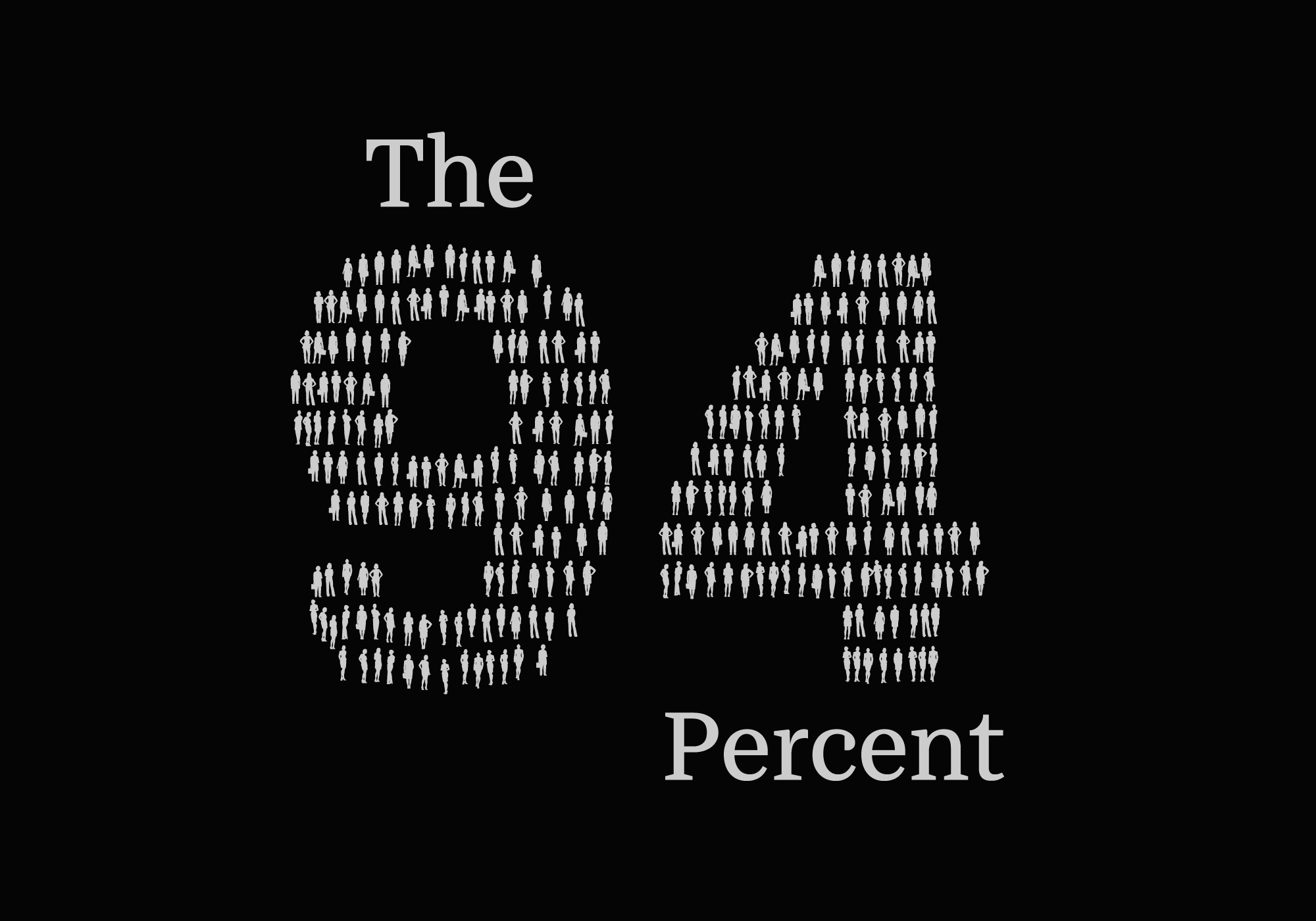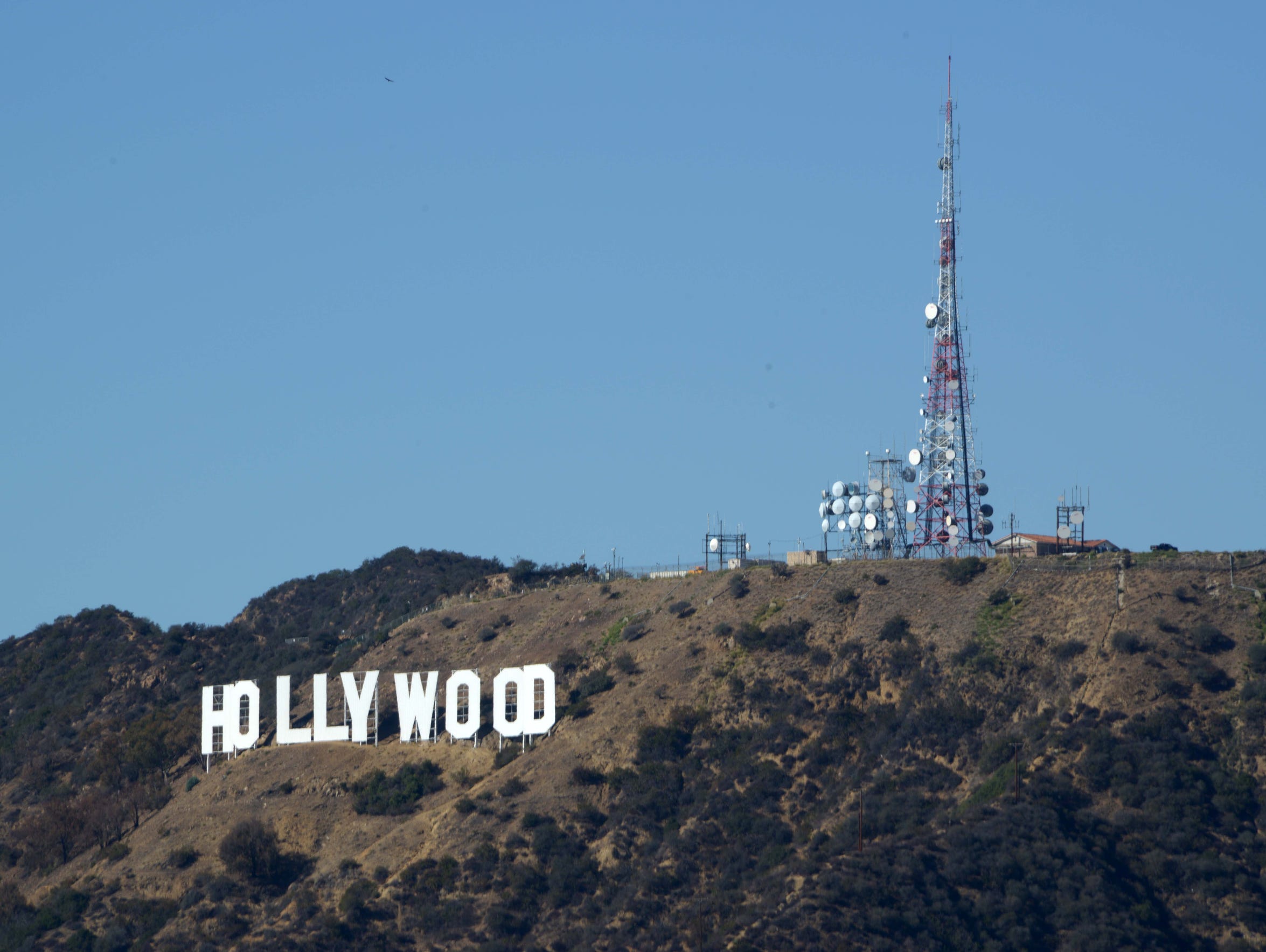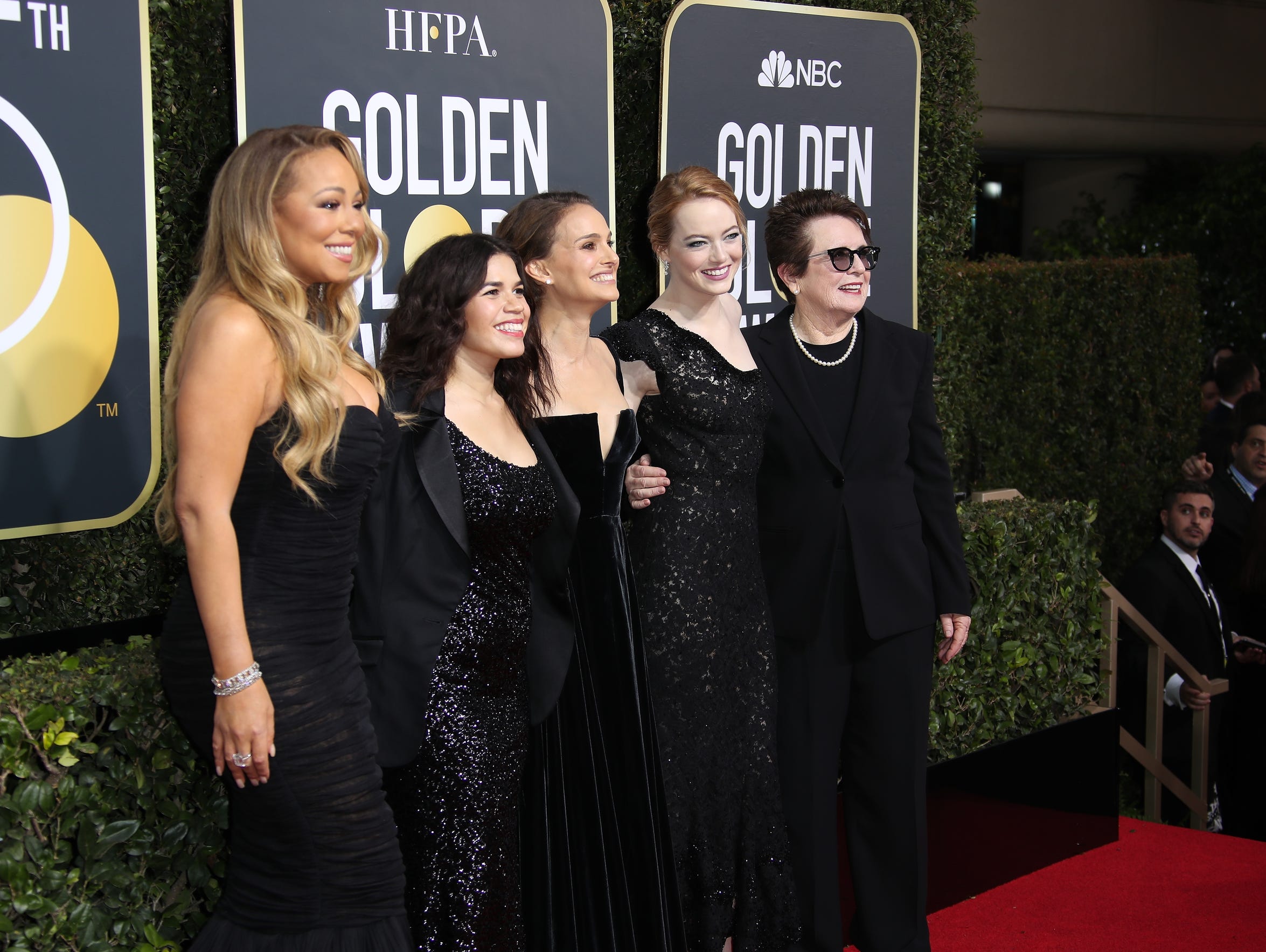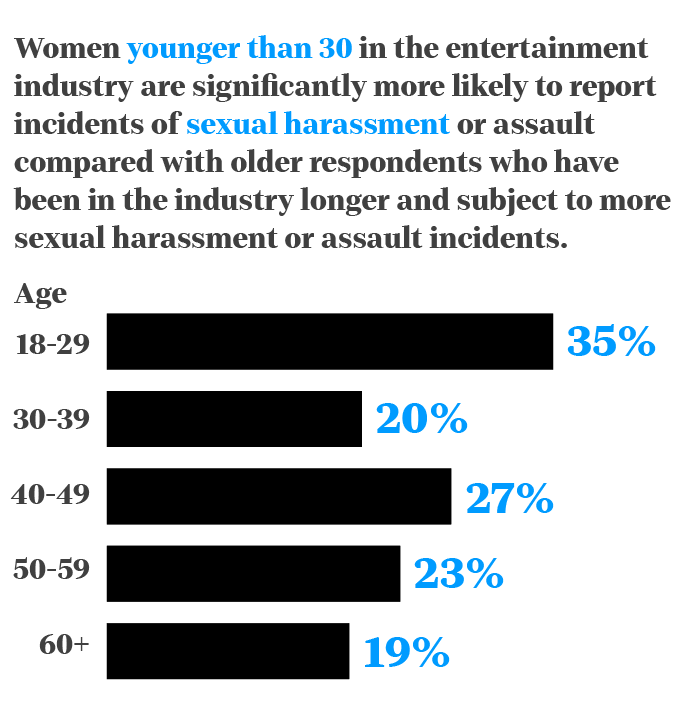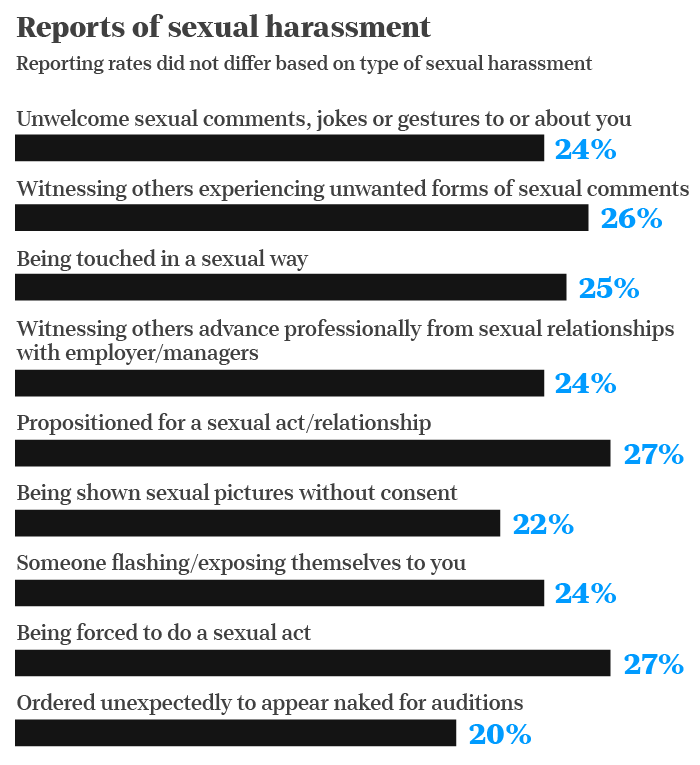How common is sexual misconduct in Hollywood?
(Photo: Dan MacMedan, USA TODAY)
More women older than 40 say they were asked to hold meetings in hotel rooms (41% of age 40 to 49) than women younger than 30 (31%).
Similarly, those with more than 20 years experience were more likely to say they were put in a sex-for-advancement position (28%) than women with less than five years in the industry (11%).
Women younger than 30 were more likely to report (35%) than those older than 60 (19%). Women with less than five years experience were more likely to report (32%) than those with more than 20 years (24%).
Most sexual misconduct goes unreported largely out of fear. But 40% of respondents say they did not trust the system. More than one-third — 34% — weren't even sure what happened to them amounted to sexual harassment, and 32% say they had no evidence so it was their word against the accused.
And 20% say they felt shame.
"On countless occasions, I have been in a position at events with clients, where either the client or a member of the client's team has made sexually explicit comments, sexual advances and/or touched my body without consent," says a publicist in her early 40s. "These assailants seem confident enough to know they can become predators without repercussion."
Often, she says, there are no human resources departments working with producers or directors to take a complaint. As a contract worker, her only "professional exit" option in these situations is to wait out the end of her contract without renewal.
"Being in a line of work that obtains clients through word-of-mouth makes me reluctant to speak (about) these sexual harassment/assault experiences for fear of losing clients or collaborations with other firms/companies," she says.
Of those few who reported misconduct, the result was most often a warning or reprimand (32%) or removal of the harasser (23%). A fraction (8%) of respondents say they were fired after reporting and 4% say there was a settlement in their case. And zero cases were prosecuted.
Also, a quarter of the respondents (24%) say they left their companies specifically because of sexual misconduct incidents.
"There was one specific instance where I reported a horrible incident of harassment to superiors and the male boss of the man who harassed me told me that 'he wouldn't do such a thing' and stopped replying to my emails," says a director in her early 30s. "Women superiors, though more sympathetic, implied nothing more could be done. I simply couldn't keep working in an environment that would be both physically and mentally unsafe for me."
They're male, older and for the most part more powerful than their accusers. About one-third (29%) were directors, agents, producers or someone else in an authority position as the industry defines it.
About one-quarter (24%) were peers or co-workers, and one-fifth (20%) were supervisors or senior managers. Less than 10% were influential individuals in the industry, such as celebrities, and few were in a lower position than the accuser (3%).



